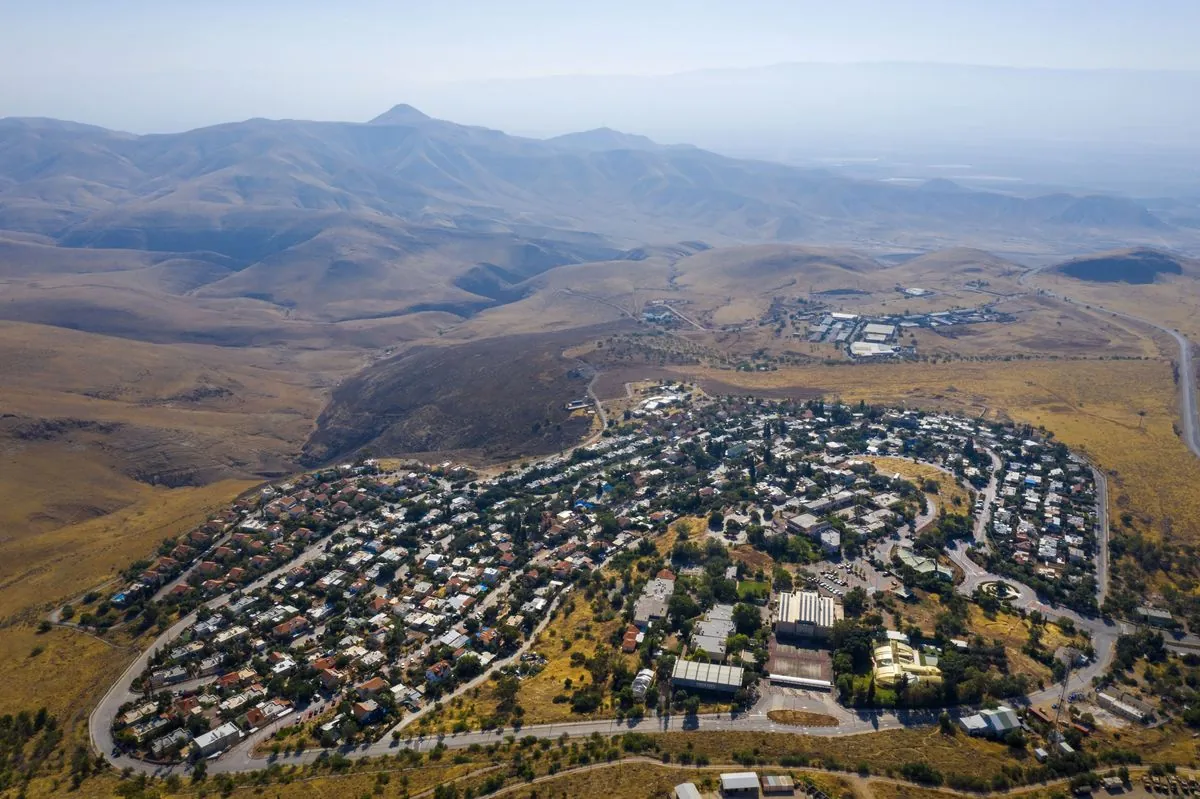The United States has taken action against entities accused of extremist violence in the West Bank, imposing sanctions on an Israeli nonprofit organization and a settlement security official. This move, announced on August 28, 2024, is part of Washington's ongoing efforts to address tensions in the region.
The U.S. State Department targeted Hashomer Yosh, a non-governmental organization claiming to protect settlers, for allegedly providing support to an unauthorized West Bank outpost already under sanctions. Additionally, Yitzhak Levi Filant, a civilian security coordinator at the Yitzhar settlement, faced sanctions for reportedly leading armed settlers in activities aimed at displacing Palestinians from their land in February 2024.
State Department spokesperson Matthew Miller emphasized the detrimental impact of extremist settler violence, stating it causes human suffering, compromises Israel's security, and hinders prospects for regional peace and stability. The U.S. government called on Israel to hold those responsible for such violence accountable.
These sanctions, implemented under an executive order signed by President Joe Biden in February 2024, freeze U.S. assets of the targeted entities and generally prohibit Americans from engaging with them. The order has been applied to both Palestinian militant groups and Jewish settlers.
It's worth noting that the West Bank, occupied by Israel since the 1967 Middle East war, is home to approximately 3 million Palestinians and over 130 Israeli government-approved settlements. The international community, including the United Nations Security Council, largely considers these settlements illegal under international law, citing the Fourth Geneva Convention.
The Biden administration's stance on settlements marks a return to long-standing U.S. policy, diverging from the previous administration's approach. In February 2024, it declared settlements inconsistent with international law.
"There is no need for such sanctions."
Israeli officials have expressed opposition to the sanctions. Prime Minister Benjamin Netanyahu's office stated there was no need for such measures, while ultra-nationalist ministers Bezalel Smotrich and Itamar Ben-Gvir denounced earlier sanctions against settlers.
The West Bank situation remains complex, with the territory divided into Areas A, B, and C, each under different levels of Palestinian and Israeli control. The region is also significant for its water resources and religious sites important to Judaism, Christianity, and Islam.
As tensions persist, the international community continues to grapple with the challenges of promoting peace and stability in this historically contested area.
